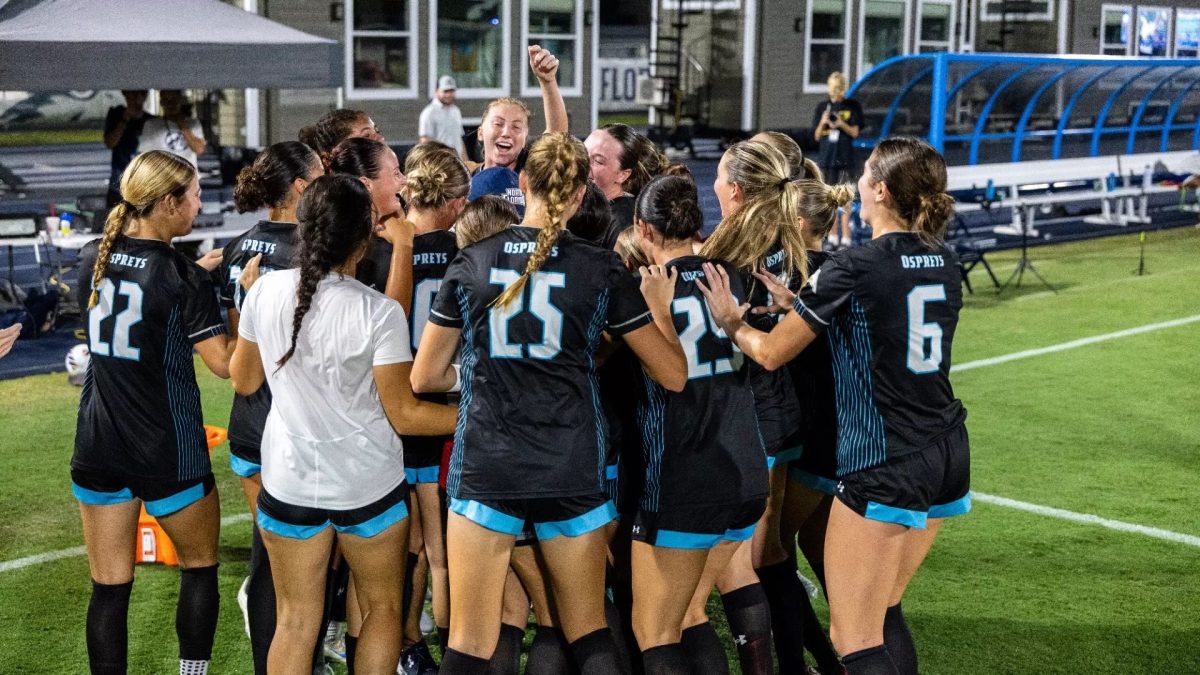
Paul Mason joined more than 100 college professors in favor of Regulate Marijuana Like Alcohol’s initiative Amendment 64.
If it garners enough votes, the Amendment would extend the same removal of penalties associated with recreation marijuana usage to all Colorado citizens 21 and older.
Mason said he supports the amendment largely because of the status of marijuana as a product.
He said it has a very inelastic demand.
“When prices rise for [marijuana], customers do not stop buying the product, unlike products that have rising prices and shrinking demand,” Mason said.
The efforts of the Drug Enforcement Agency to reduce the supply have no affect on the price, due to this relationship, meaning regardless of its scarcity, marijuana will still be bought at the same general rate, he said.
Brittany Vina, a UNF business management senior, said she is in favor of legalizing marijuana because it is a common crime that is often difficult to control and could earn the government some revenue.
“It’s cool that a professor is supporting legalization when it usually gets stereotyped toward the younger generation,” she said.
Mason said when he received the letter, he suggested some rewording, signed it and sent it back.
And this is not Mason’s first endorsement of the like.
In 2005 he endowed a list led by Milton Friedman and more than 500 other economists for a Harvard essay “Budgetary Implications of Legalizing Marijuana.”
The 2005 study concluded replacing marijuana prohibition with a system of legal regulation could save the government significantly in expenditures and enforcement.
Specifically, the replacement could save approximately $7.7 billion in government expenditures, $2.4 billion in enforcement at the federal level, and $5.3 billion at the state and local levels, according to the survey.
Lucy Berg, a UNF political science major, favors legalization because she thinks it does less harm than most think and supports the professor’s decision.
Mason said his support for the amendment should not be of any surprise, as he has taken part on several campus activities that discussed marijuana legalization.
But he does recognize the negative effects of legalizing marijuana, including the loss of criminal justice-related jobs in the public sector, which range from DEA officials to prison guards.
However, Mason said he ultimately looks to the results of the 2005 survey sees more benefits than drawbacks.
Kasandra Ortiz contributed to this report.
Email Jason Howard at reporter3@unfspinnaker.com.















